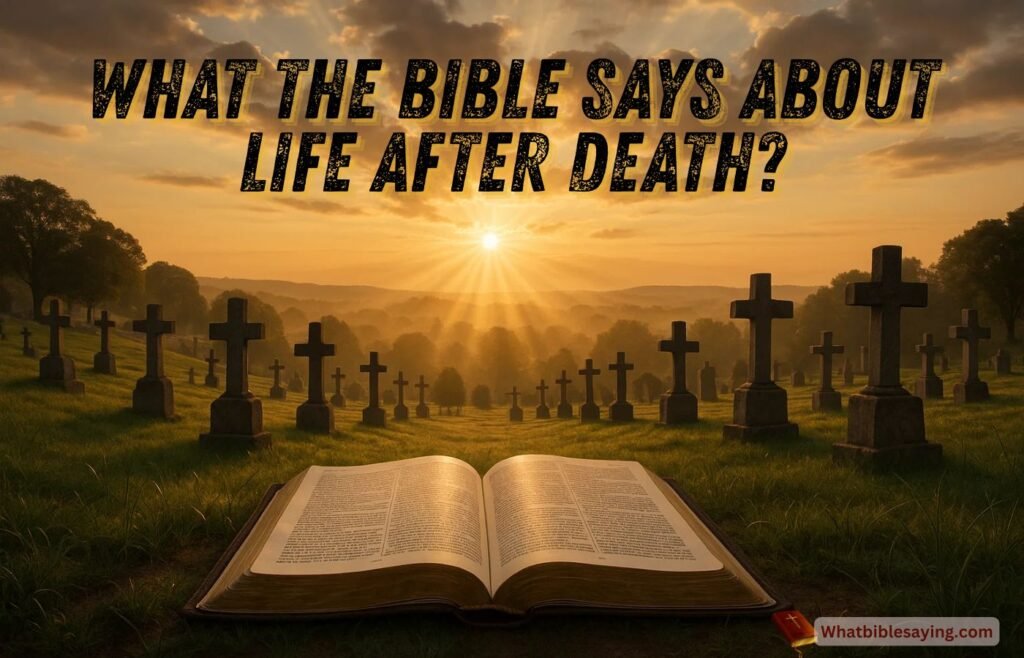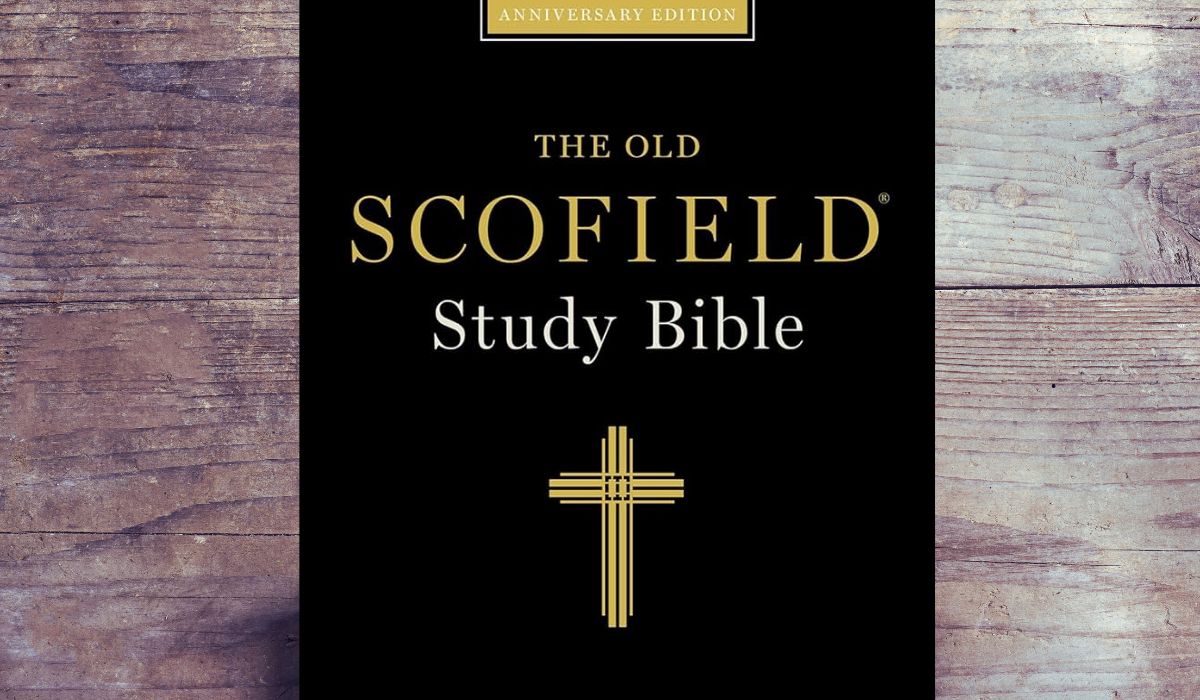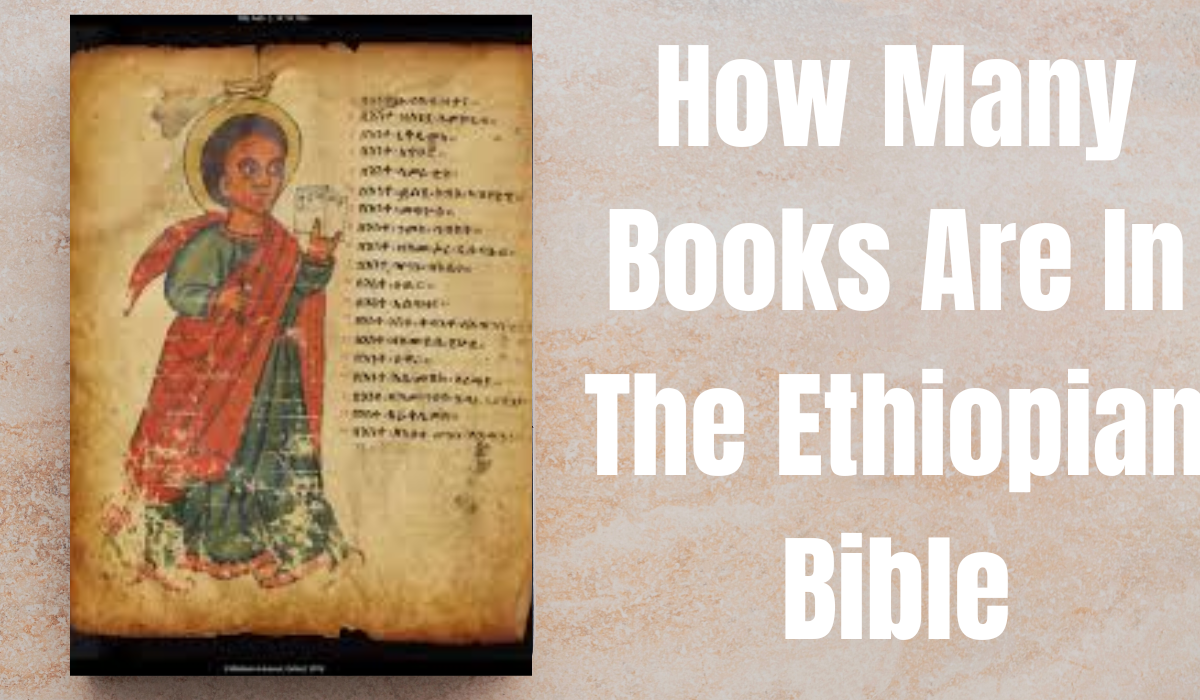Introduction: The Question That Lives in Every Heart
Every one of us, no matter where we’re from or what stage of life we’re in, has paused at least once and wondered: What happens after I die? Maybe the thought came to you after losing someone close. Maybe it came during a quiet night when you couldn’t sleep. Or maybe it slipped in during a church service when you sang about heaven.
The Bible does not leave us guessing about this question. From Genesis to Revelation, Scripture points us toward God’s promises about life, death, and what comes after. Today, I want us to walk together through those promises, not as abstract theology, but as truths you can lean on when grief feels heavy or when fear about the unknown creeps in.
This isn’t just about information. It’s about hope. Let’s see what the Bible says about life after death, and how that hope can change how you and I live today.
What Does the Bible Say About Life and Death?
When God created Adam and Eve, He gave them the gift of life. Death entered only when sin did (Genesis 3). From that moment, humanity became familiar with loss, grief, and the reality of mortality. Yet, throughout the Old and New Testament, God reminds us that death is not the final word.
Ecclesiastes 3:11 says God “has set eternity in the human heart.” Deep down, we all know there must be more beyond the grave.
Psalm 23:4 assures us that even when we walk through “the valley of the shadow of death,” God’s presence goes with us.
John 11:25–26 records Jesus’ words: “I am the resurrection and the life. The one who believes in me will live, even though they die.”
So, what does this mean? Death is not the end. For the believer, it is a doorway into the presence of God. For those still here, it is a reminder that this life is temporary, but eternity is real.
What Happens After Death According to the Bible?
This is one of the most pressing questions I hear as a pastor: Where do we go when we die? The Bible’s answer is simple and profound.
The body returns to dust.
Genesis 3:19 says, “for dust you are and to dust you will return.” Our earthly bodies wear out, but that’s not the end of us.
The soul continues to exist.
Ecclesiastes 12:7 says, “the dust returns to the ground it came from, and the spirit returns to God who gave it.”
For believers, immediate presence with the Lord.
Paul writes in 2 Corinthians 5:8, “to be absent from the body is to be present with the Lord.” This means those who trust in Christ are welcomed into His presence the moment they pass.
For unbelievers, separation from God.
Jesus often spoke of eternal separation for those who reject Him (Matthew 25:46). While this truth is heavy, it reminds us why sharing the gospel is urgent.
So, the Bible does not picture a soul floating aimlessly or lingering in confusion. Instead, it teaches that after death, our souls stand before the living God.
How Long Does the Soul Stay in the Body After Death in the Bible?
This question comes up often at funerals, especially in cultures where there are traditions about the soul “hovering.” But the Bible is clear: when the body dies, the soul departs.
Luke 23:43 records Jesus’ words to the thief on the cross: “Today you will be with me in paradise.” Not days later, not after a waiting period, today.
In Philippians 1:23, Paul says his desire is “to depart and be with Christ, which is better by far.”
This shows us that there is no delay. The soul doesn’t linger in the body or on the earth. For those who belong to Christ, there is immediate transition into His presence.
What Does the Bible Say About Those Who Have Passed Away?
Losing someone you love can shake your world. But God’s Word gives us comfort.
1 Thessalonians 4:13–14 says, “Brothers and sisters, we do not want you to be uninformed about those who sleep in death, so that you do not grieve like the rest of mankind, who have no hope.”
Notice, it doesn’t say we won’t grieve, it says we grieve differently, because of hope.
Paul continues in verse 14: “For we believe that Jesus died and rose again, and so we believe that God will bring with Jesus those who have fallen asleep in him.”
That means when you’ve said goodbye to a Christian loved one, it’s not forever. You will see them again.
The Hope of Resurrection
The centerpiece of the Christian faith is resurrection. Jesus’ own resurrection is not just a historical event; it’s a promise for us.
1 Corinthians 15:20–22 declares that “Christ has indeed been raised from the dead, the firstfruits of those who have fallen asleep.”
This means that just as Jesus was raised, we too will be raised with new, glorified bodies.
Our bodies may grow weak, but God promises renewal. Paul compares it to planting a seed: the old body is buried like a seed in the ground, but what rises is more glorious (1 Corinthians 15:42–44).
Think about that. Your aches, your sickness, your limitations, none of these will have the last word. In Christ, you will rise whole, restored, and eternal.
Heaven: The Eternal Home
The Bible paints heaven not as some distant, abstract dream, but as a real and promised home for believers.
John 14:2–3 records Jesus’ words: “In my Father’s house are many rooms… I am going there to prepare a place for you.”
Revelation 21:4 promises that God “will wipe every tear from their eyes. There will be no more death or mourning or crying or pain.”
When you think of heaven, don’t picture clouds and harps. Picture God’s presence, peace beyond understanding, and reunion with loved ones in Christ. That’s our hope.
Hell: A Sobering Reality
The Bible also speaks of hell, a place of eternal separation from God. This is not an easy truth, but it’s a necessary one.
Matthew 10:28 warns, “Do not be afraid of those who kill the body but cannot kill the soul. Rather, be afraid of the One who can destroy both soul and body in hell.”
2 Thessalonians 1:9 describes it as “everlasting destruction and shut out from the presence of the Lord.”
The reality of hell is not meant to terrify believers, but to remind us of the urgency of faith and the importance of sharing God’s love with others.
Practical Lessons: Living Today With Eternity in Mind
What does all this mean for our daily lives? Here are a few truths we can carry:
Death is certain, but not final.
You don’t need to live in fear. Christ has already conquered death.Eternal perspective shapes daily choices.
When you know this life is temporary, you start investing more in what will last, faith, relationships, love, service.Grief can carry hope.
Missing someone doesn’t go away quickly. But knowing they are safe with Christ and that you’ll see them again changes grief into something softer, filled with hope.Sharing faith matters.
If eternity is real, then pointing others to Christ becomes one of the most loving things we can do.
Common Misunderstandings About Life After Death
Myth: The soul sleeps until the final resurrection.
The Bible uses “sleep” as a metaphor for death, but it’s not describing unconsciousness. Believers are conscious in God’s presence.Myth: People become angels after death.
Angels and humans are different creations. In heaven, we remain ourselves, glorified and perfected.Myth: Everyone automatically goes to heaven.
Scripture teaches that eternal life comes through faith in Jesus Christ (John 3:16).
A Pastor’s Story: Comfort in the Face of Loss
Let me share a personal story. Years ago, I was called to sit with a family whose grandmother had passed away. The room was filled with tears. One of the children asked me, “Where is Grandma now?”
I gently opened my Bible and read 2 Corinthians 5:8, that to be absent from the body is to be present with the Lord. The little one smiled through tears and said, “So she’s with Jesus?”
“Yes,” I said. And in that moment, the sorrow in the room turned into quiet peace. The pain of loss was real, but so was the hope of reunion. That’s what the Bible gives us, hope in the darkest valleys.
Conclusion: Death Is Not the End
Friend, life after death is not a mystery left to guesswork. The Bible assures us that death is not the end. For those who belong to Christ, it is the beginning of eternal life with Him.
We will be raised again.
We will be reunited with loved ones.
We will live in a place with no pain, no tears, and no death.
So, what the Bible says about life after death is this: for the believer, death is not defeat, it is victory.
If you’ve ever feared death, remember the words of Jesus: “Because I live, you also will live” (John 14:19). Let those words bring you peace today.













